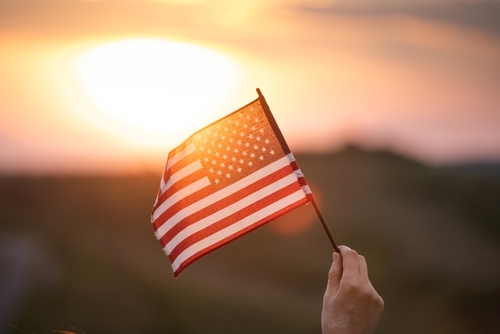The South has a rhythm, a charm, and a culture all its own. From the way people speak to the way they show kindness, Southern traditions can be warm, quirky, and a little confusing to outsiders. What feels perfectly normal below the Mason-Dixon line might seem unusual, or downright strange, to those who didn’t grow up with it. But that’s the beauty of regional customs, they reflect deep-rooted values, passed down through generations. Whether it’s saying “bless your heart” with layered meaning or frying everything from catfish to pie, Southerners have a unique way of living that often doesn’t make sense to the rest of the country. Still, behind every puzzling habit is a sense of community, comfort, and culture that holds it all together.
Calling Everyone “Y’all”

“Y’all” isn’t just slang in the South, it’s grammar. Short for “you all,” this phrase is used constantly in casual and formal settings. Outsiders may think it’s too laid-back or even grammatically incorrect, but it serves a real linguistic purpose: it’s inclusive, efficient, and gender-neutral. One of its strengths is how it simplifies plural address, filling the gap that exists in standard English. While visitors might default to “you guys” or simply “you,” Southerners will naturally say, “How are y’all?” at a restaurant, in a meeting, or even during church announcements. To them, it’s just good manners. For everyone else, it might take a few days to stop giggling, or to stop accidentally saying it after they return home.
Waving at Strangers

To a Southerner, not waving can come across as cold. Whether you’re on foot, in a pickup truck, or just sitting on the porch, a nod or wave is expected. This small gesture sends a message: “I see you, I acknowledge you, and we’re all neighbors here.” It doesn’t matter if you’ve never met the person. In fact, sometimes it’s done because you’re strangers, it’s how you start being neighborly. For outsiders, especially those from big cities where anonymity is the norm, this friendliness can feel awkward or suspicious. Some visitors even worry they’ve been mistaken for someone else. But down South, waving is part of the unspoken social contract. It’s not a question of whether you know someone, it’s about letting people know they matter.
Obsession With College Football

In many parts of the South, college football isn’t a hobby, it’s a way of life. The devotion rivals that of major world religions, with fans planning weddings, vacations, and family gatherings around game day schedules. The rivalries are intense, especially in states like Alabama, where the Iron Bowl between Auburn and Alabama divides households. Entire towns shut down on Saturdays in the fall, and tailgating can include custom tents, flat-screen TVs, and barbecue spreads that rival weddings. Outsiders often see this passion as excessive or hard to justify, especially when it spills into politics, education, or daily conversation. But in the South, cheering for your team is part of your identity. It’s tradition, family, and pride all rolled into one, and missing the game just isn’t an option.
Monogramming Everything

In the South, personalizing your belongings isn’t just for birthdays or weddings, it’s a year-round lifestyle choice. Towels, tote bags, stationery, pillows, even car decals and phone cases get monogrammed. Some children have their names or initials stitched onto every article of clothing they wear. Outsiders may find it confusing or overly fancy, especially when trying to decode the letters, which aren’t always in first-middle-last order. But in Southern culture, monograms are about pride, legacy, and keeping tradition alive. It adds a sense of ownership and charm to otherwise ordinary items. In a way, it’s another form of storytelling, your initials aren’t just letters, they’re part of who you are and where you come from.
Saying “Bless Your Heart”

If there’s one Southern phrase that confuses outsiders the most, it’s probably “bless your heart.” It sounds sweet, but depending on how it’s said, it can carry layers of meaning, some of them not so nice. At its most sincere, it’s an expression of sympathy or concern, “Bless your heart, I’m so sorry to hear that.” But used sarcastically, it can mean “you poor fool” or “wow, that’s dumb.” The trick lies in the tone. Outsiders often misunderstand the phrase and assume kindness, which can lead to some awkward social moments. Southerners, however, are usually well aware of the double meaning and use it like a verbal Swiss army knife. It’s polite shade, sugar-coated disapproval, or heartfelt empathy, sometimes all in one sentence.
Using Casseroles as Currency
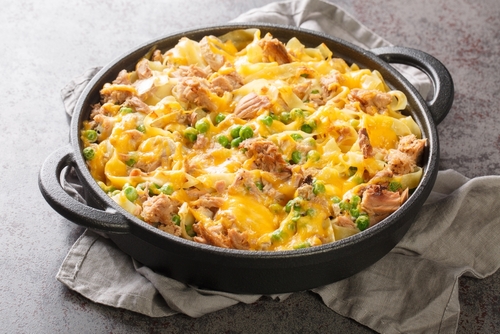
In the South, casseroles are more than food, they’re a form of communication. If someone is sick, grieving, moving, or welcoming a baby, chances are a neighbor will show up with a casserole dish in hand. It’s how Southerners express love, sympathy, or congratulations without needing to say much. While outsiders might send flowers, a card, or a polite text, Southerners head straight to the oven. Classic choices include mac and cheese, chicken and rice, or baked ziti. Often, the dish comes back washed and returned with another meal in it, continuing the unspoken exchange. To outsiders, it may seem overly domestic or old-fashioned, but in Southern culture, feeding someone is one of the highest forms of kindness.
Porch Sitting
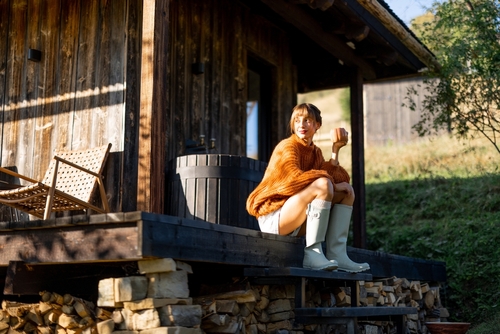
To a lot of outsiders, sitting on a porch doing nothing seems like wasting time, but in the South, it’s almost sacred. A good front porch is a social stage, a personal retreat, and a community hub all in one. People drink sweet tea, watch the weather roll in, chat with neighbors, and wave at passing cars. Porch sitting isn’t just about sitting still, it’s about being present, staying connected, and enjoying the moment. It might look lazy to a fast-paced Northerner, but down South, it’s how people unwind, reflect, and keep neighborhood bonds strong. You don’t need a phone, a TV, or a plan, just a rocking chair and a slow afternoon.
Dressing Up for Everything
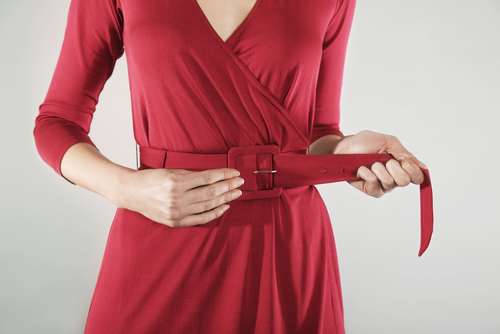
In many parts of the South, there’s an unspoken rule, always look presentable. Whether someone is headed to church, the post office, or even Walmart, you’ll often see makeup, jewelry, and pressed clothes. Southern style tends to favor polished, feminine, or classic looks, and people take pride in “looking put together.” To outsiders, especially from more casual areas, this might seem like overkill or even exhausting. But for Southerners, it’s a sign of self-respect and respect for others. You never know who you might run into, so it’s better to be overdressed than underdressed. This mindset is deeply ingrained, and trying to fight it will only make you stand out more.
Drinking Sweet Tea Like It’s Water
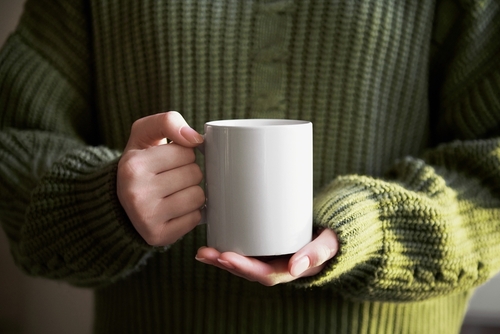
In the South, sweet tea isn’t just a beverage, it’s a staple. It’s served with almost every meal, often brewed in huge batches and stored in the fridge like milk. While it can shock outsiders with how sugary it is, many Southerners drink it daily and defend it with passion. Asking for “regular tea” and getting sweet tea can surprise non-locals who expected unsweetened. Conversely, requesting unsweetened tea may trigger confused looks or require an explanation. In many households, sweet tea recipes are passed down like family secrets. It’s a drink tied to memory, tradition, and hospitality, and going without it just doesn’t feel right in the Southern heat.
Double Names

In the South, names like “Mary Grace” or “John David” are more than cute nicknames, they’re full legal names and used daily. These double names often combine classic first names with family names, creating a unique rhythm and often honoring relatives. Outsiders may find this confusing, especially when trying to remember or repeat them correctly. Sometimes the names are said so quickly they sound like one word, which only adds to the challenge. But for Southerners, double names reflect heritage and charm, and shortening them feels disrespectful. Calling “Sarah Beth” just “Sarah” might earn you a look. In the South, the full name matters, and it says something about who you are and where you come from.
Read More: 9 of The Weirdest Questions Americans Like To Ask
Sunday Church Followed by Sunday Fried Chicken

In many Southern households, Sunday isn’t complete without two things, church and a big meal afterward. The morning begins with worship, often followed immediately by a trip to Grandma’s house or a local diner for fried chicken, mashed potatoes, biscuits, and sweet tea. Outsiders may not understand why the meal happens so early, usually around 11:30 a.m., or why it involves enough food to feed a dozen people. But in the South, this tradition blends spirituality with family togetherness. Even those who don’t attend church regularly still uphold the meal as a sacred weekly ritual. It’s not just about food, it’s about connection, comfort, and honoring a slower pace of life that values presence over productivity.
Referring to the Civil War as “The War Between the States”
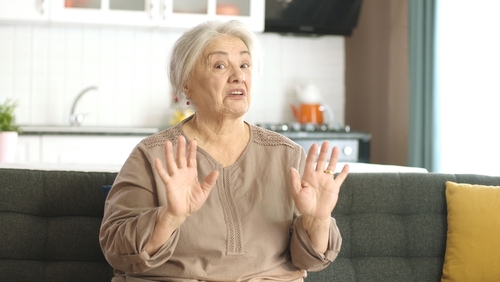
While most Americans call it the Civil War, many Southerners still refer to it as “The War Between the States.” This older term reflects a perspective rooted in regional pride and a sense of historical identity. To outsiders, it may sound outdated or even politically charged, especially in modern discussions. But for many families in the South, the phrasing is tied to ancestry, local memory, and how history was taught in school. It’s more than semantics, it’s a window into how the past still shapes the culture today. You might not hear this phrase in textbooks up North, but in Southern towns, it’s still spoken with meaning and weight.
Calling Older People “Ma’am” and “Sir”

In the South, respect isn’t optional, it’s expected, especially when it comes to addressing elders. Saying “yes ma’am” or “no sir” is second nature to most Southerners, often taught from the time children learn to speak. Outsiders might interpret it as overly formal or even old-fashioned, but down South, it’s simply good manners. Using titles shows deference, not submission, and it’s considered rude to leave them out. In fact, skipping the “ma’am” might get you a raised eyebrow or a stern reminder. It’s a cultural standard that applies to waitstaff, teachers, relatives, and strangers alike. And it’s not just about age, it’s about showing dignity and courtesy in every interaction.
Frying Everything
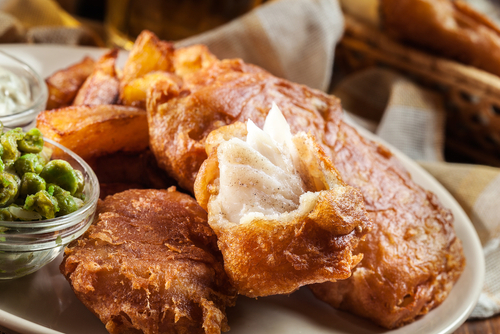
To a health-conscious outsider, the Southern love of fried food can seem extreme. But in the South, if it can be fried, it probably has been. Chicken, okra, pickles, tomatoes, catfish, and even candy bars have made their way into bubbling oil. Frying is more than a cooking method, it’s a tradition passed down through generations. It’s tied to church potlucks, family reunions, county fairs, and tailgates. Southerners know their way around a cast iron skillet, and fried food is often tied to specific memories and family recipes. While others might worry about the calories, many Southerners are thinking about the flavor, the crispiness, and the comfort. For them, a golden brown crunch is part of the good life.
Refusing to Say Goodbye

A Southern goodbye is never just a quick wave. Leaving someone’s home can easily stretch into a 20-minute ordeal. There’s the initial goodbye inside, a follow-up at the door, another at the car, and sometimes even a wave from the porch as you drive away. Outsiders often feel confused or impatient by this drawn-out ritual, wondering why no one actually leaves when they say they will. But to Southerners, it’s just polite. A proper goodbye shows appreciation for the visit, creates space for one more story, and eases the emotional transition of parting. It’s a slow fade rather than a hard stop, and even though it takes time, it’s done with warmth and intention.
Pageants for Toddlers

In many Southern communities, pageants aren’t just for teens or adults, they start young, sometimes as early as infancy. Outsiders often view toddler beauty pageants as unnecessary or even uncomfortable, with tiny children dressed in sequins, makeup, and hair extensions. But for Southerners, these pageants are often family events filled with pride, tradition, and community bonding. They’re seen as a way to build confidence, stage presence, and social skills. Many mothers and grandmothers see them as rites of passage, investing time and energy into perfect routines, matching outfits, and travel for competitions. While critics may focus on the appearance side of things, supporters argue that pageants are about discipline, self-expression, and celebrating poise from an early age. In the South, they’re part of the social calendar and often treated as seriously as sports.
Fixing to Do Something

To many outsiders, the phrase “I’m fixin’ to” is pure nonsense. It sounds like someone’s about to repair something, not prepare for an action. But in the South, “fixin’ to” is just another way to say “about to,” and it’s used constantly in casual speech. “I’m fixin’ to go to the store” or “We’re fixin’ to eat” are everyday phrases that feel completely normal to locals. For newcomers, it’s a linguistic mystery, and even more confusing when paired with other Southern expressions in the same sentence. The phrase is informal, versatile, and deeply rooted in the regional dialect. It’s not meant to be literal, and once you understand its meaning, it becomes hard not to say it yourself. The charm lies in how casually it flows, and how much meaning it can pack into just three words.
Keeping Family Close, Like Really Close
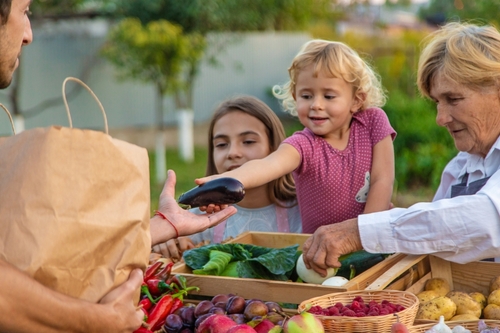
In the South, family isn’t just a priority, it’s a foundation. It’s common for multiple generations to live within minutes of one another, sometimes even sharing the same property or street. This closeness goes beyond geography, it influences how people raise children, handle problems, and make decisions. Outsiders used to more independent or spread-out family structures may see it as overbearing, but Southerners tend to view it as supportive and natural. It’s not unusual for a Sunday dinner to involve three or four generations at the same table. Grandparents often help raise the grandkids, cousins are more like siblings, and family reunions are taken seriously. There’s pride in roots, shared land, and deep connections that stretch back decades. To a Southerner, living close to your family means you’ll never face life’s hardest moments alone.
Conclusion

To outsiders, the South can feel like a different world filled with its own language, traditions, and unwritten rules. But these customs, while sometimes confusing or unconventional, are grounded in loyalty, respect, and an unshakable sense of belonging. From casseroles that comfort to double names that honor family, Southern life is shaped by community ties and deep tradition. It may not always make logical sense to someone from up North or out West, but that’s not the point. Southern culture isn’t about explaining everything, it’s about living it, feeling it, and passing it on. So the next time someone waves at you from a front porch or offers you a gallon of sweet tea, don’t ask why, just smile, say “thank you, ma’am,” and enjoy the hospitality.
Read More: 45 Countries Where Americans Report Feeling Unwelcome
